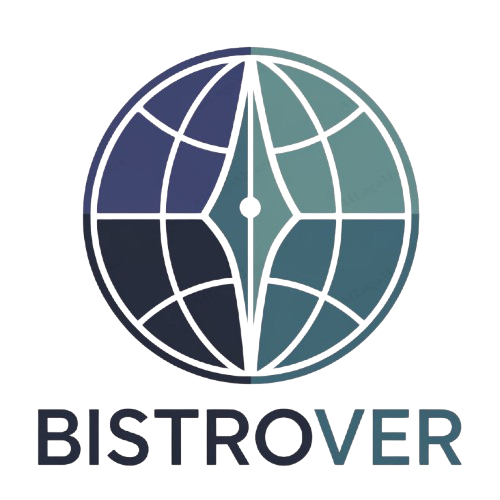Cashback Credit Cards vs. Debit Cards: Which is Better for Saving Money?
When it comes to managing money, every little bit counts. Saving money isn’t just about cutting expenses; it’s also about making the most out of the tools you use every day—like your cards. If you’re debating whether cashback credit cards or debit cards are better for saving money, this guide is here to help. We’ll break it down in simple terms so you can decide what’s right for your financial goals.
What Are Cashback Credit Cards?
Cashback credit cards reward you every time you use them for purchases. Here’s how they work:
- When you spend money, a small percentage (usually 1%-5%) is returned to you as cashback.
- Some cards offer bonus cashback for specific categories like groceries, dining, or gas.
For example, if your card offers 2% cashback and you spend $500 on groceries, you’ll earn $10 in cashback rebates.
Benefits of Cashback Credit Cards
- Rewards on Every Purchase
Every swipe earns you cashback, turning everyday expenses into opportunities to save money. - Special Bonuses
Many cards have promotional offers, like extra cashback for the first few months or higher rates in rotating categories. - Builds Credit Score
Using a credit card responsibly can help improve your credit score, which may save you money on loans or mortgages in the future. - Purchase Protections
Cashback credit cards often come with perks like extended warranties, travel insurance, and fraud protection.
What Are Debit Cards?
Debit cards are linked directly to your bank account. When you use a debit card, the money is immediately deducted from your account.
Benefits of Debit Cards
- No Risk of Debt
Since you’re spending your own money, you won’t accumulate debt or pay interest. - No Annual Fees
Most debit cards don’t charge annual fees, unlike some credit cards. - Simplicity
They are straightforward to use and don’t require you to manage billing cycles or payments.
Comparing Cashback Credit Cards and Debit Cards
Let’s dive deeper into how these two stack up when it comes to saving money.
1. Cashback Rebates
- Credit Cards: Cashback credit cards excel here. You can earn rewards for every purchase and maximize savings by using cards with category bonuses.
- Debit Cards: While some debit cards offer cashback, the percentage is usually lower, and the rewards are less frequent.
Winner: Cashback Credit Cards
2. Fees
- Credit Cards: Some cashback credit cards charge annual fees, although many offer no-fee options. Late payments can also lead to hefty fees.
- Debit Cards: Debit cards usually have no fees unless you’re overdrawing your account or using out-of-network ATMs.
Winner: Debit Cards
3. Interest Costs
- Credit Cards: If you don’t pay off your balance in full each month, you’ll incur interest charges, which can outweigh the benefits of cashback rebates.
- Debit Cards: Since you’re using your own money, there’s no risk of paying interest.
Winner: Debit Cards
4. Purchase Power and Flexibility
- Credit Cards: Credit cards offer higher spending limits and allow for larger purchases without immediate account deductions. They also provide the flexibility of paying over time (though interest applies).
- Debit Cards: Your spending is limited to the amount in your account, which may be restrictive in emergencies.
Winner: Cashback Credit Cards
5. Fraud Protection
- Credit Cards: They typically offer better fraud protection. Most issuers have zero-liability policies for unauthorized charges.
- Debit Cards: Fraud protection exists, but recovering stolen funds from a debit card can take time and may cause temporary financial strain.
Winner: Cashback Credit Cards
Which One Saves You More Money?
It depends on your spending habits and financial discipline:
- If you pay off your balance monthly and take advantage of cashback rebates, a cashback credit card can save you more money.
- If you prefer to keep things simple and avoid the risk of debt, a debit card might be better suited for you.
Tips for Maximizing Savings
For Cashback Credit Cards
- Pay Off the Balance Monthly
Avoid interest by paying your bill in full every month. - Use Cards Strategically
Take advantage of category bonuses and promotional offers to maximize your cashback rebates. - Watch Out for Fees
Opt for no-annual-fee cards unless the rewards outweigh the costs.
For Debit Cards
- Avoid Overdrafts
Keep track of your account balance to avoid overdraft fees. - Use Cashback Programs
Check if your bank offers cashback rewards on your debit card and make the most of them.
Conclusion
When deciding between cashback credit cards and debit cards, it all boils down to how you manage your money. Cashback credit cards can save you more money through rebates and rewards if used responsibly. However, debit cards are simpler and safer for those who want to avoid debt.
If you’re ready to earn cashback rebates, consider applying for a credit card that matches your spending habits. On the other hand, if you prefer staying on a budget and avoiding fees, stick with your trusty debit card. Either way, you’re taking a step toward smarter money management!







